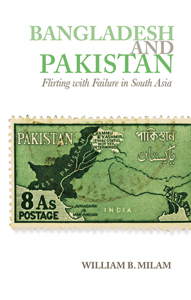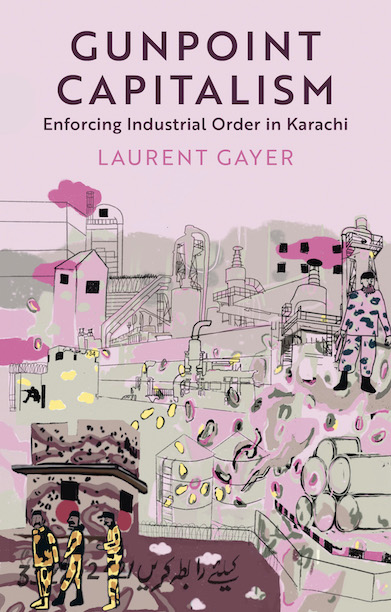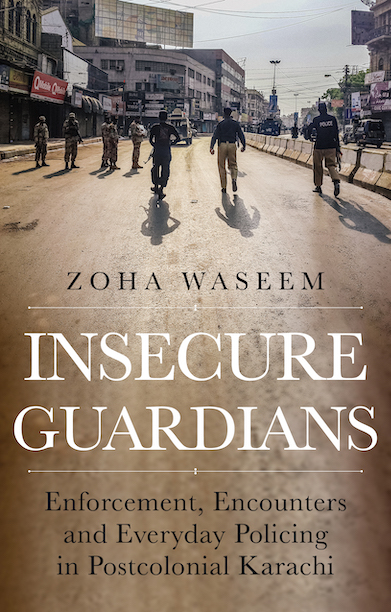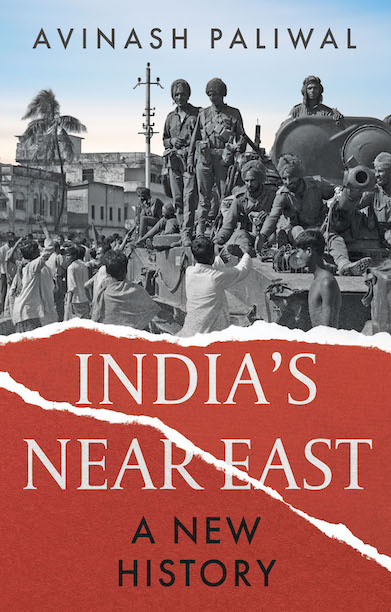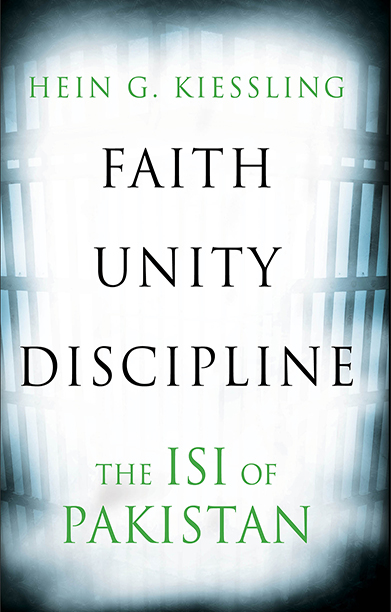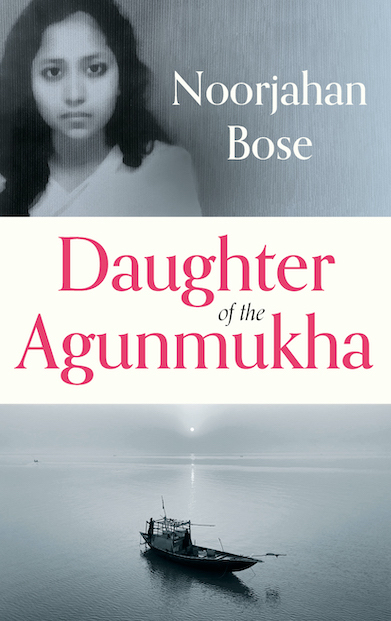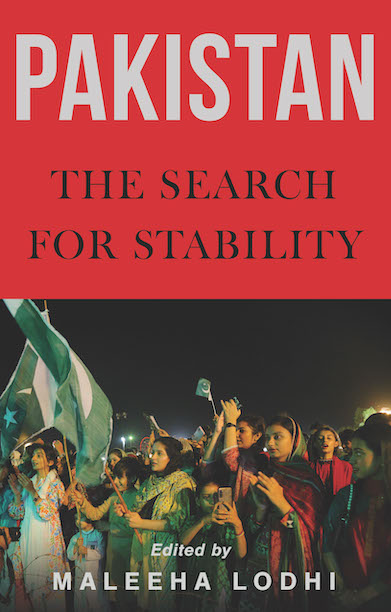Bangladesh and Pakistan
Flirting with Failure in South Asia
A sympathetic, frank and nuanced account of the political, social and economic trajectories of Bangladesh and Pakistan since they separated in 1971.
Description
This book is a sympathetic, frank and nuanced account of the political, social and economic trajectories of Bangladesh and Pakistan since they separated in 1971, by an author who served as US ambassador to both countries. It draws also on William Milam’s continuing close monitoring of the evolution of Bangladesh and Pakistan in subsequent years, and his research into their histories and cultures. Pakistan has evolved into a praetorian state which seems mired in a vicious circle of army interventions overturning corrupt and inept civilian governments. The political implosion of 2007, precipitated by the tunnel-vision politics of the military and of its leader, General Musharraf, may, possibly, mark a watershed, while widespread dismay over the assassination of Benazir Bhutto could yet mobilise the people behind a campaign for unfettered civilian rule. In contrast, even though the Bangladesh Army returned to the political fray in January 2007, after a seventeen-year hiatus, it seems intent on turning power back to civilians as soon as it can. In 1990, that Army bowed out of politics after a checkered history of similar interventions in Bangladesh’s first two decades. Several other motifs cut across the political themes that underpin this book, religion being the most prominent one. Having become an ideological state some years ago, Pakistan is now in danger of becoming an Islamic state, while all the while facing attack from an al Qaeda-linked jihadi network. Bangladeshi society is not yet Islamicised to anywhere near the extent of Pakistan, yet poor governance has exposed fault lines that jihadi groups in the region seek to exploit.
Reviews
‘Milam’s book is not only eminently readable, but also a most timely reminder of the volatile atmosphere in two signifi cant states of South Asia. In Milam’s view, “like a thorn in the foot, Islamism is an unnatural addition to the Bangladeshi polity that can be easily removed when governments become more efficient and effective.” However, in Pakistan, if the ambiguity of the army towards the jihadists “persists under the civilian government now in charge, Pakistan may become, before the war on terror ends, part of the terrorist problem instead of part of the solution.’ — The Book Review
‘Ambassador Milam has written an extremely valuable book–in effect, a comparative history of the state in Pakistan and Bangladesh since the partition of United Pakistan in 1971. The clarity of Milam’s writing, the comprehensiveness of his coverage, and the underlying terms of his argument make this book essential reading for anyone with an interest in South Asian politics. Indeed, as a teaching tool, this book is simply indispensable. Every scholar responsible for a course on modern South Asian history, and modern South Asian politics, will require a copy of this book–as soon as possible.’ — Dr Matthew J. Nelson, School of Oriental and African Studies, University of London
‘With Bangladesh and Pakistan both reaching critical tipping-points, William B. Milam’s book could not be more timely. I found the chapters on Bangladesh particularly insightful and perceptive as I prepared to lead a National Democratic Institute mission to that country.’ — Tom Daschle, former U.S. Senator and Senate Majority Leader
‘When partisan and contested versions of events still continue to be debated, the value of William B. Milam’s contributions are in the insights he derived from his having lived through the events described while being an ambassador in the two countries.’ — Kamal Hossain, noted Bangladeshi politician, statesman, and lawyer
‘William B. Milam was one of those rare United States envoys, a trouble-shooter who served in some of the world’s most unstable countries, which gave him deep knowledge into why democracy failed in so many. This brilliant comparative analysis, revealing the inner workings of South Asia’s two most troubled states, is a must read for anyone interested in how and why they have evaded democratic governance.’ — Ahmed Rashid, Pakistani journalist and bestselling author of Descent into Chaos and Taliban
‘The similarities between the two countries … tempted Milan to write what amounts to a comparative history of the two countries that once shared a common destiny. … It covers almost everything including the history of the two countries, their leadership, the structures of government, and the role of political parties, groups and elections.’ — The Muslim World Book Review
Author(s)
William B. Milam is a Senior Policy Scholar at the Woodrow Wilson Center in Washington, DC. He retired from the U.S. Foreign Service at the end of July 2001.
